Speaker Bios
Leveraging Alaska’s criminal-legal process to use restorative justice
Jeff May
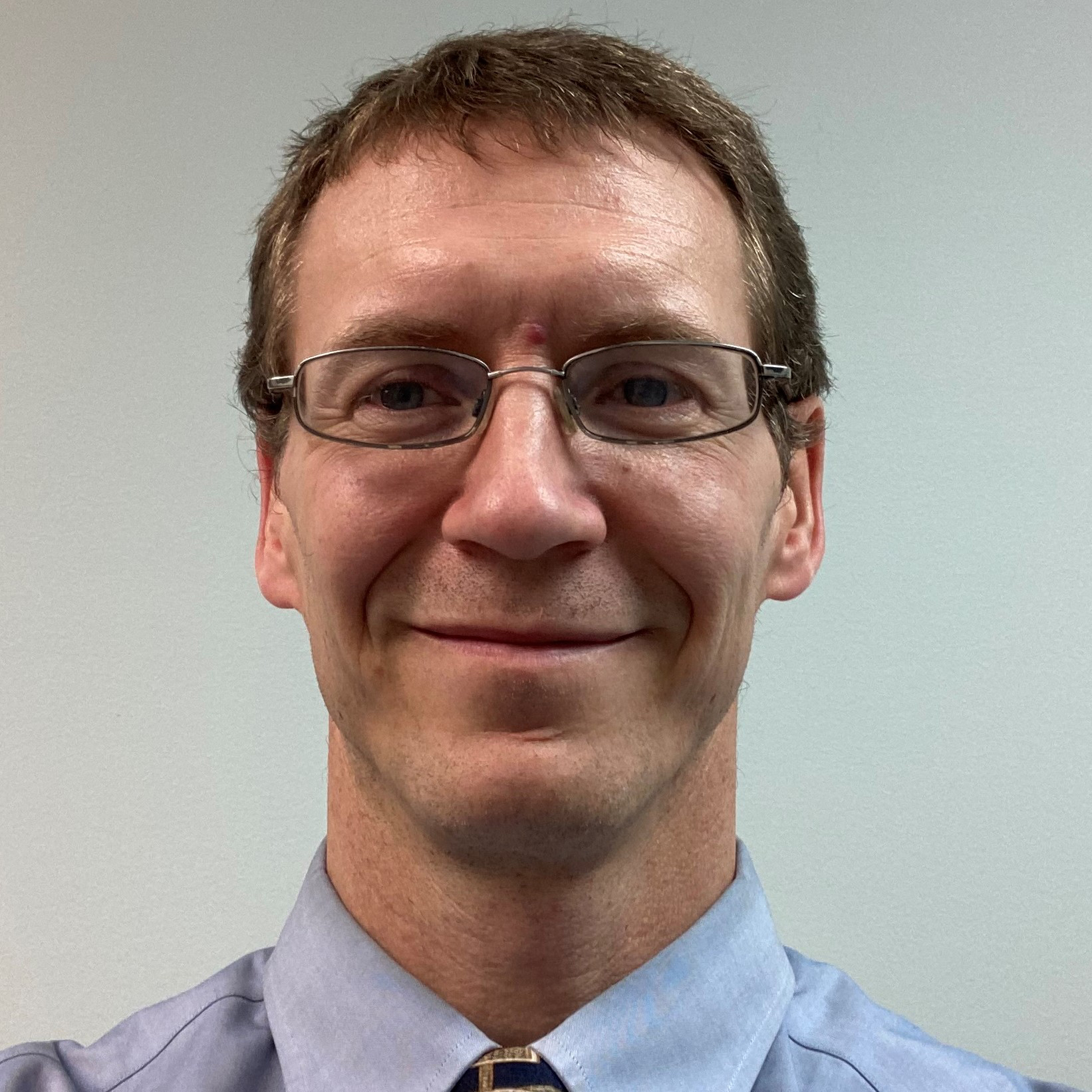
Jeff D. May lives in Fairbanks, Alaska where he works as an Associate Professor of Criminal Justice at the University of Alaska Fairbanks Justice Department. For over a decade he has taught numerous legal courses, and his teaching and research passion is on rural justice administration and restorative justice. His research highlights issues important to rural Alaska such as jury selection policies, restorative justice processes, and increased local collaboration in the justice system. May worked closely with former magistrate judge Chris McLain and others in their Circle Sentencing efforts in the Galena region from 2010 – 2013. May also served as a part-time circuit magistrate judge for the Alaska Court System covering the Nenana, Fort Yukon, and Galena courts from 2018-2023. May helped organize and implement restorative justice efforts in Fairbanks and Nenana, and continues to assist other communities wanting to develop restorative processes. Currently, he is the program coordinator of the Fairbanks Community Restorative Justice Program and Diversion Initiative and is an advisory team member of the Nenana Peacemaking Circle. He hopes his research and assistance will strengthen Alaskan communities and reverse the alarming trend of over-representation of Alaska Natives in the state justice system.
Hon. Paul A. Roetman
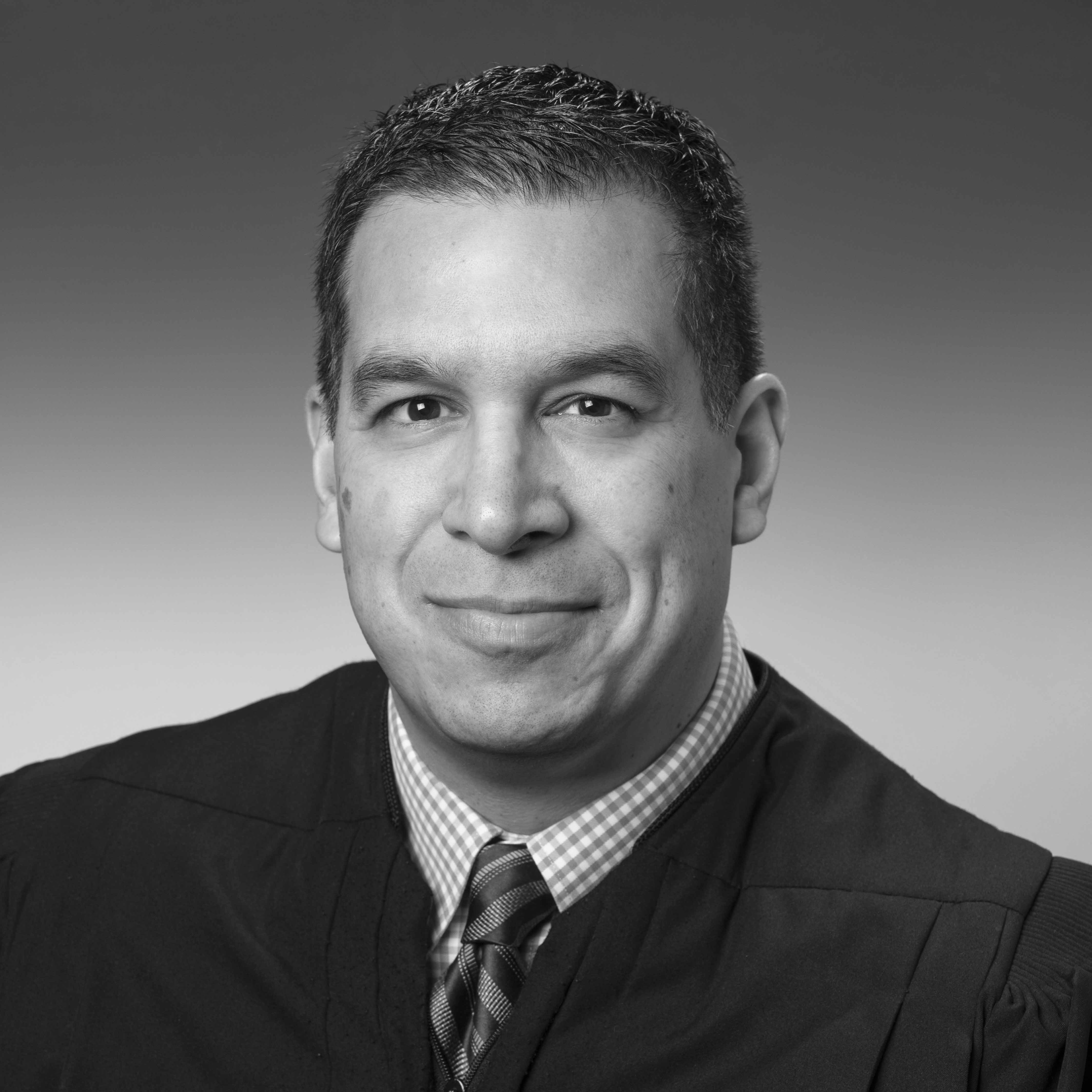
Judge Paul A. Roetman moved to Alaska in 1972 and has lived in Kotzebue for 17 years. He was appointed to the superior court in 2010. He earned a B.A. in Economics from the University of Alaska-Anchorage, and received his law degree from Regent University School of Law in Virginia. Before attending law school, Judge Roetman lived in his home town of Valdez where he worked as a commercial fisherman and as Executive Director of the Prince William Sound Economic Development Council. After law school, he worked for a civil law firm, the Alaska Legislature, and as a prosecutor for the State of Alaska. Judge Roetman is a member of the Three-Judge Sentencing Panel and the Statewide Security and Emergency Preparedness Committee. He is the Presiding Judge of Second Judicial District which includes Kotzebue, Nome, Unalakleet, Utqiagvik, and over 20 other villages. In 2019 after working with the Native Village of Buckland, Judge Roetman issued PJ Administrative Order No. 19-02 which outlined a process to encourage tribes in the district to make use of restorative justice programs that would result in recommendations to judges in criminal cases. This order became the basis for the statewide restorative justice order that the four Presiding Judges have recently issued. In his free time, Judge Roetman enjoys writing poetry and song lyrics.
Building buy in: How to talk about restorative justice
Tristen Edwards
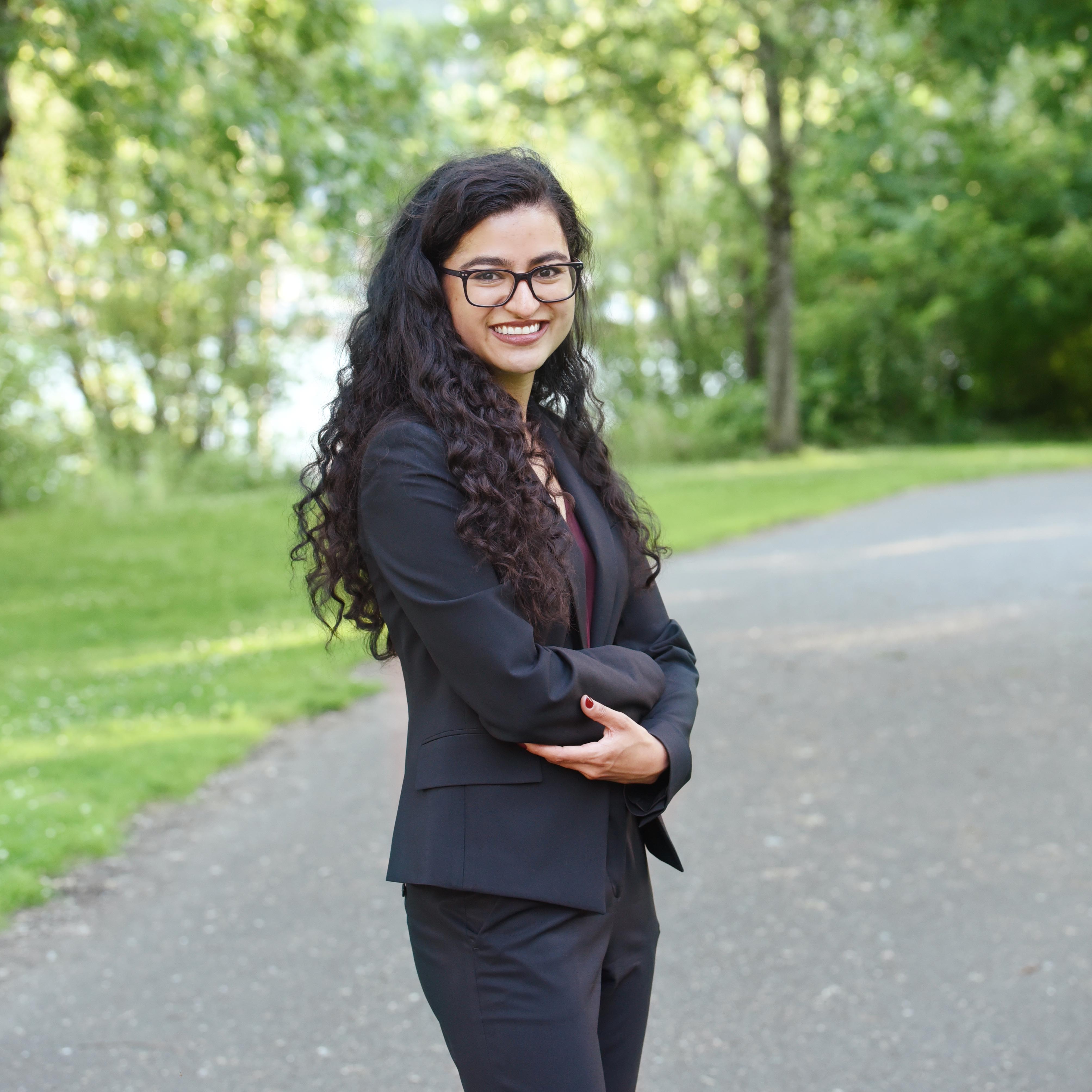
Tristen Edwards is an attorney at Metropolitan Public Defender, where she represents individuals charged with major felony crimes and works on policy issues related to promoting the use of restorative justice as an alternative to prosecution. Tristen is a Coordinating Committee Member of the Restorative Justice Coalition of Oregon and leads the coalition’s legislative advocacy efforts. She also serves on Governor Kotek’s Racial Justice Council’s Criminal Justice Reform Committee and chairs the Council’s Subcommittee on the Department of Corrections, which focuses on supporting restorative justice efforts led by incarcerated men. Tristen holds a strong commitment to diversity and is the founder and chair of the Oregon Criminal Defense Lawyer’s Association’s Diversity, Equity, and Inclusion Committee. Tristen has been recognized for her work amplifying the voices of marginalized people and promoting effective and compassionate responses to harm by the Oregon New Lawyers Division, the Oregon Criminal Defense Lawyer’s Association, and Oregon Women Lawyers.
Debra Pennington Davis
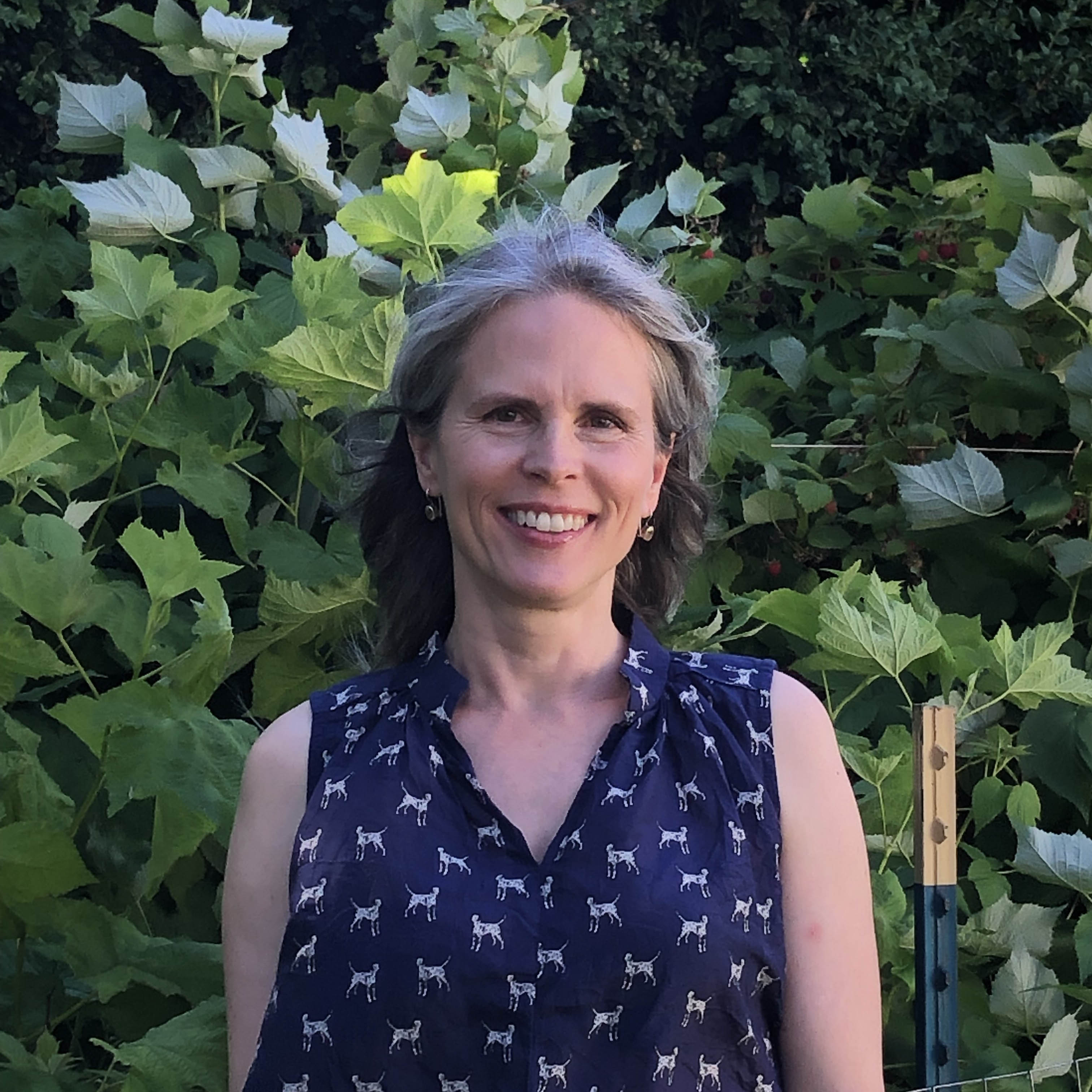
DA Matt Ellis
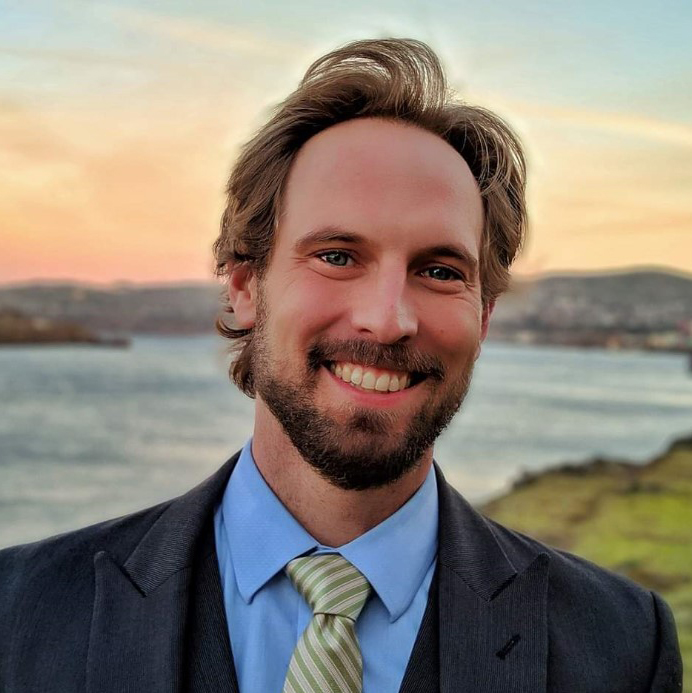
DA Ellis was born in Anchorage, Alaska, and has a bar license in both Oregon and Alaska. He graduated from University of Oregon School of Law in 2007 after receiving a Bachelor of Science in International Affairs from Georgia Tech in 2002. Between undergrad and law school, DA Ellis served as a VISTA volunteer for AmeriCorps in the Rio Grande Valley, Texas. DA Ellis has done public defense work in both Alaska and Oregon. He, and his wife, moved to the Columbia River Gorge, Oregon in 2013 where he worked as a public defender in multiple, smaller Oregon counties. In 2020, DA Ellis took the risk to run for Wasco County District Attorney on a criminal justice reform minded platform, where he won in a landslide. Since taking office, Ellis has furthered diversion programs to hold people accountable for crimes, while attempting to reduce incarceration. He has assisted in the creation of multiple specialty courts. A Treatment Court, where individual's criminal behavior is the product of drug or alcohol addiction, and a Mental Health Court. He has further worked with Six Rivers Mediation in creating the first Restorative Justice Program in the Columbia River Gorge.
Geran Tarr
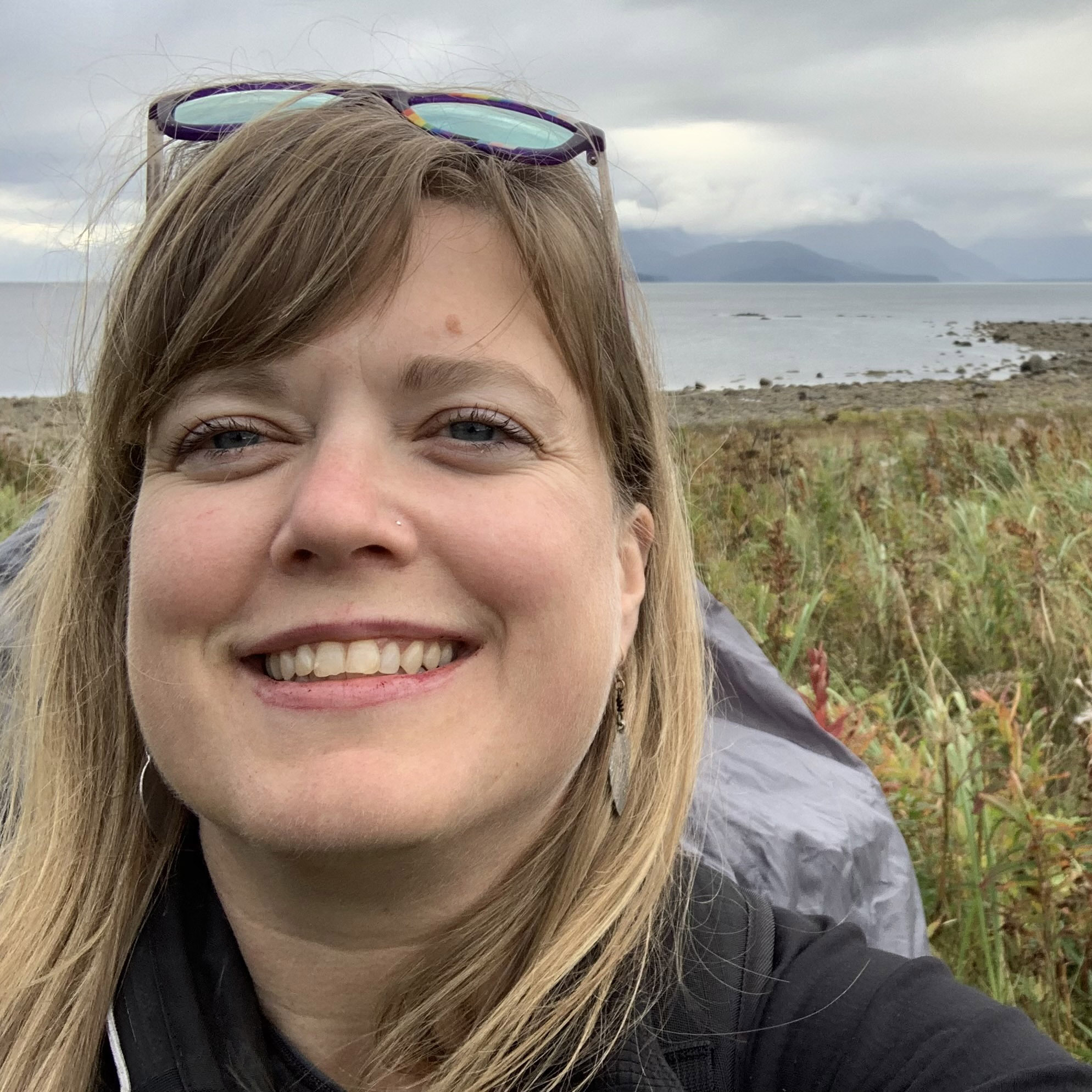
Geran Tarr is a human rights activist, educator, restorative justice advocate, and former legislator with decades of experience in advocacy, policy, and strategic planning. As a legislator they worked on implementing restorative practices in our public education and criminal justice systems, hosted seven statewide restorative justice summits, and passed legislation implementing a trauma informed policy for the Department of Health and Social Services. Gerans’ work blends their professional background with their personal lived experience with trauma, abuse, neglect, and the failures of our current government systems to bring a unique perspective to work in restorative justice and healing.
Locking in your linchpins: How to recruit, train, and retain restorative justice facilitators
Mike Jackson
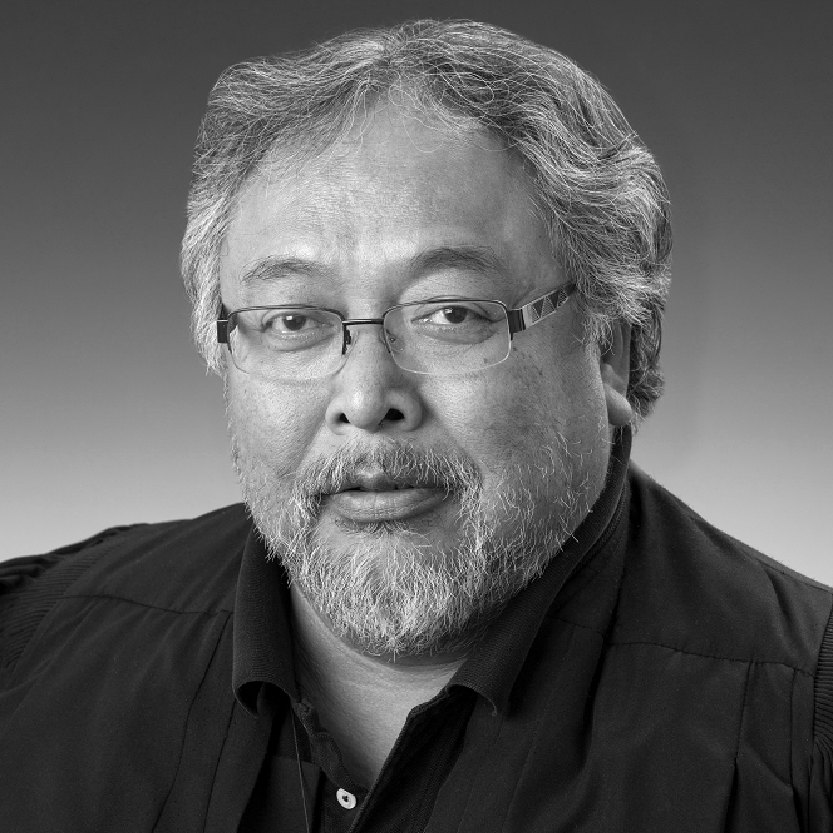
Mike Ka.oosh Jackson, son of Mona K. Jackson (Haida Nation) and Thomas L. Jackson (Tlingit Nation), is a member of the Organized Village of Kake (OVK) and the Old Village of Masset, Haida Gwaii, BC. He is the Chief Judge of the OVK Tribal Court, founder of the Kake Circle Peacemaking program, and a Retired Magistrate Judge for the Alaska Court System (27 years). Mike has served on numerous community and national-level committees and boards and founded a youth culture camp in Kake in 1987 that is still active and has successfully prevented youth suicides. He is also a husband, father, artist, business owner, historian, and teacher of customary and traditional culture.
Curt Shuey
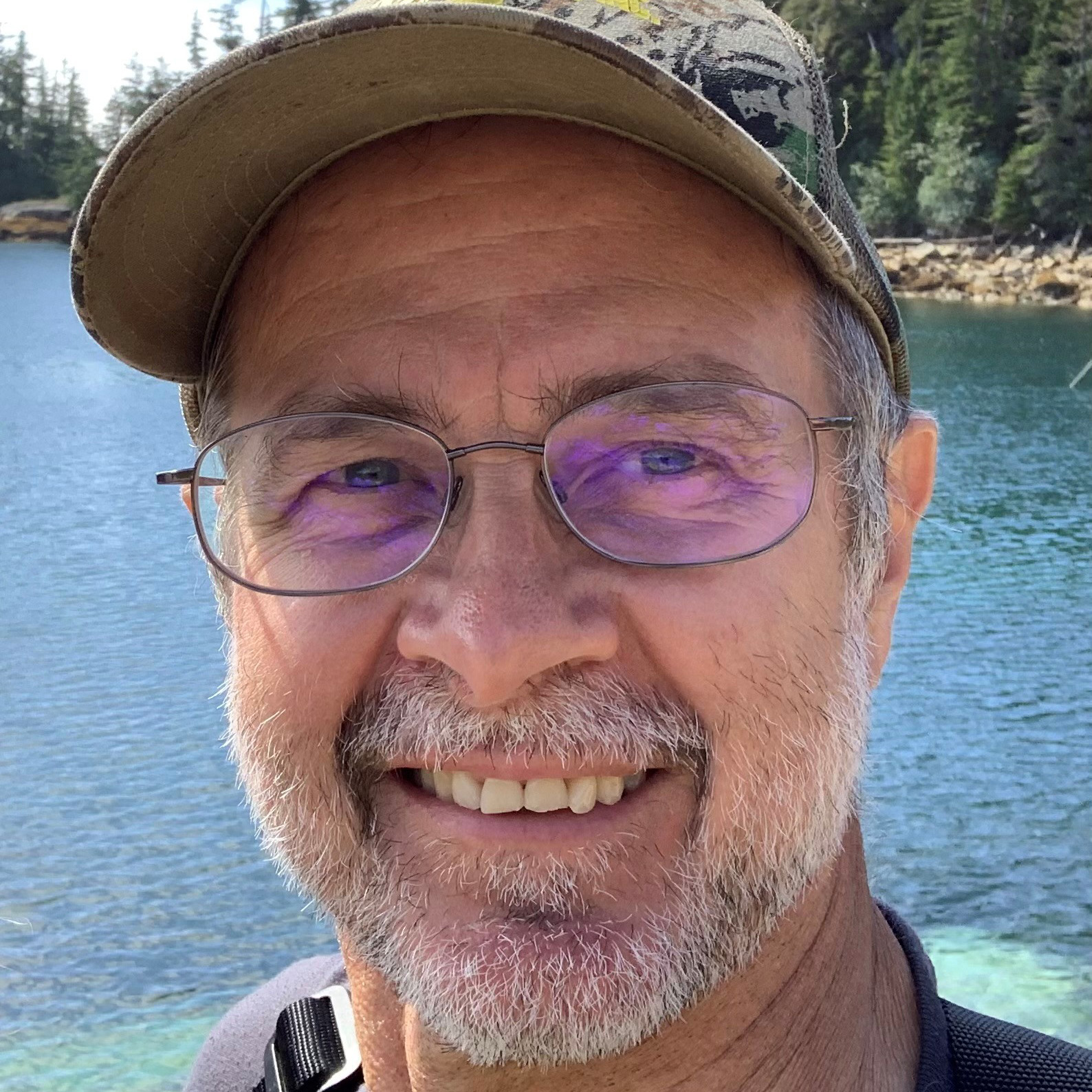
Curt Shuey followed his parent’s stories to Alaska in 1978. He has lived and worked in various situations around Kenai and western Alaska since then. A growing interest in the way we work through our differences led to study and an M.A. in Consultation and Conflict Resolution. With much training, mentoring, and support he coordinated the Kenaitze Tribal Circle from 2007-2021 and has had the privilege to serve in over 200 talking Circles for those hoping to work through difficult or meaningful things – together – in a good way.
To respond to increasing requests for Circle-keeper training, assistance with Circle program development, and Circle facilitation he started Circle Alaska Consulting in January of 2020.
Kim Martus
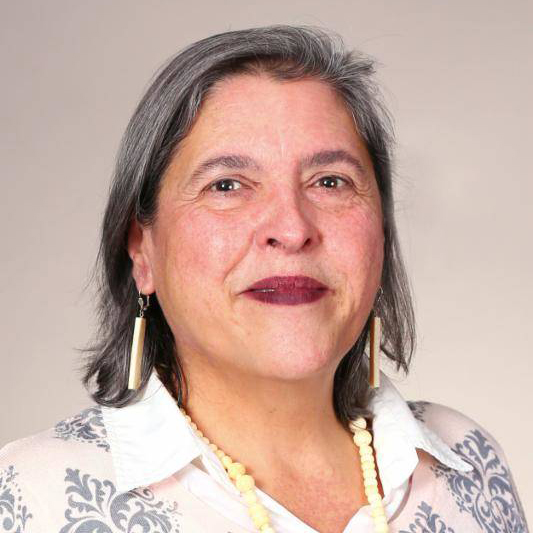
Kimberly has lived and worked in rural and urban Alaska since 1977. She earned a juris doctorate (J.D) degree from the University of New Mexico School of Law in 1993 and a B.A degree in Native American Studies from The Evergreen State College in 1985. She is a mother to two grown sons and a grandmother of four. Kimberly has a longstanding commitment and passion for tribal justice and has actively provided tribal court assessments, training, planning, code-writing and other technical services to Alaska Tribes since 1995. She is a certified Tribal Healing to Wellness Court trainer and has other specialized experience representing indigenous children, troubled youth and Tribes in both state and tribal courts. Kimberly has served as a tribal court judge and as an associate justice. She is an experienced restorative justice practitioner, mediator and Peacemaker and serves on the Alaska Supreme Court Access to Justice Committee and Tribal/Rural Justice Subcommittee. She has worked as a prisoner reentry program manager, tribal court administrator and as an Assistant Professor at the University of Alaska teaching federal Indian law and justice studies. She currently serves as the Founder / Manager of the Alaska Tribal Justice Resource Center at RurAL CAP supporting Tribal Nation-Building and development and enhancement of tribal justice systems in Alaska.
Lessons from the Alaskan restorative justice field
Kat McElroy
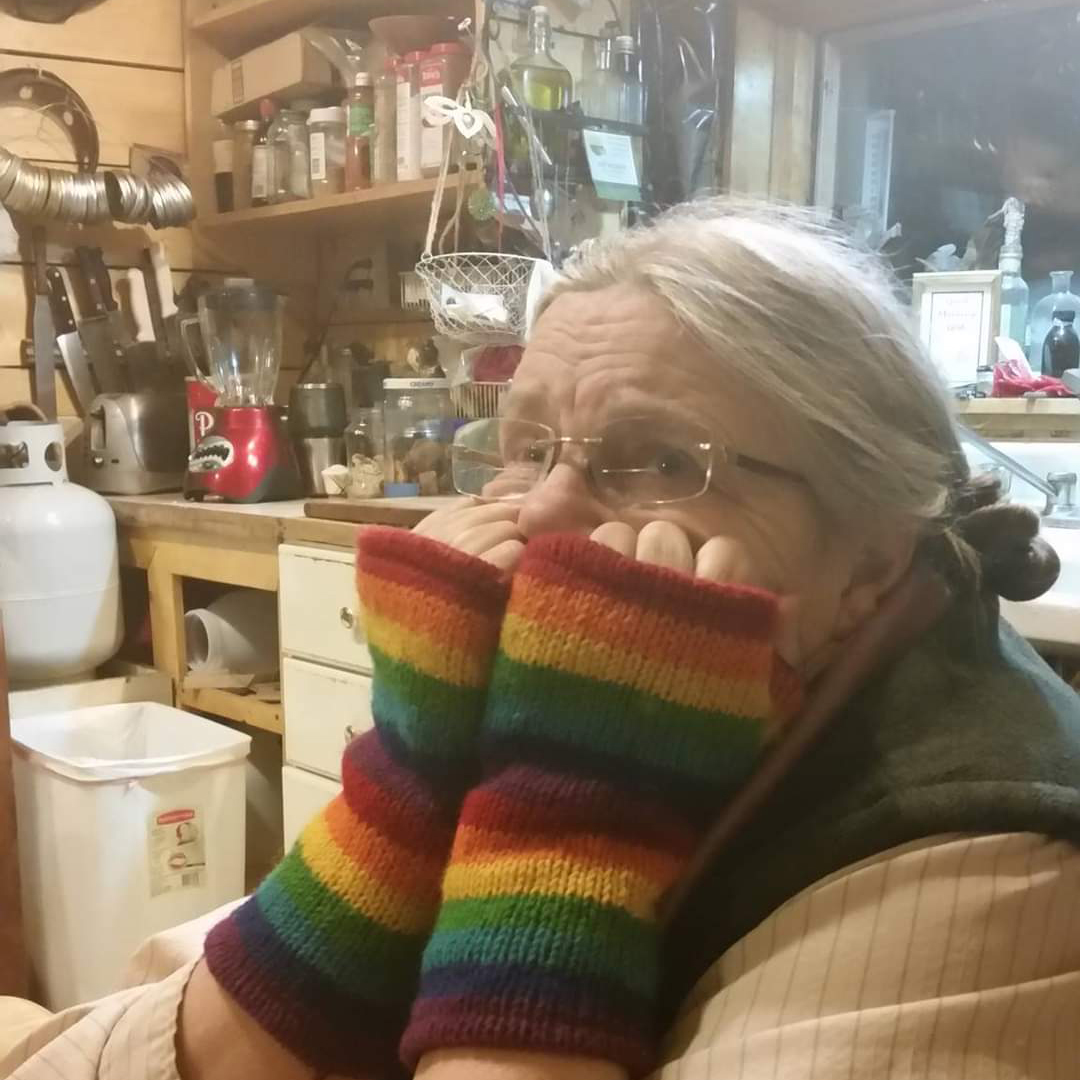
Kat McElroy was born drunk, in 1950, and raised in the dis-easiness of addiction and family violence. In and out of trouble, and jail, a high school drop-out, with no significant job skills and very significant substance use issues, her future seemed bleak. She ran away to Alaska, as a young single mother where she ultimately got sober, spending the next 3 decades working as an addictions counselor. Upon retirement, Kat became involved in restorative justice. She is a circle facilitator for The Nenana Peacemaking Circle. Mother, grandmother, great grandmother, she is a passionate advocate for safe homes and families.
Martina Georges
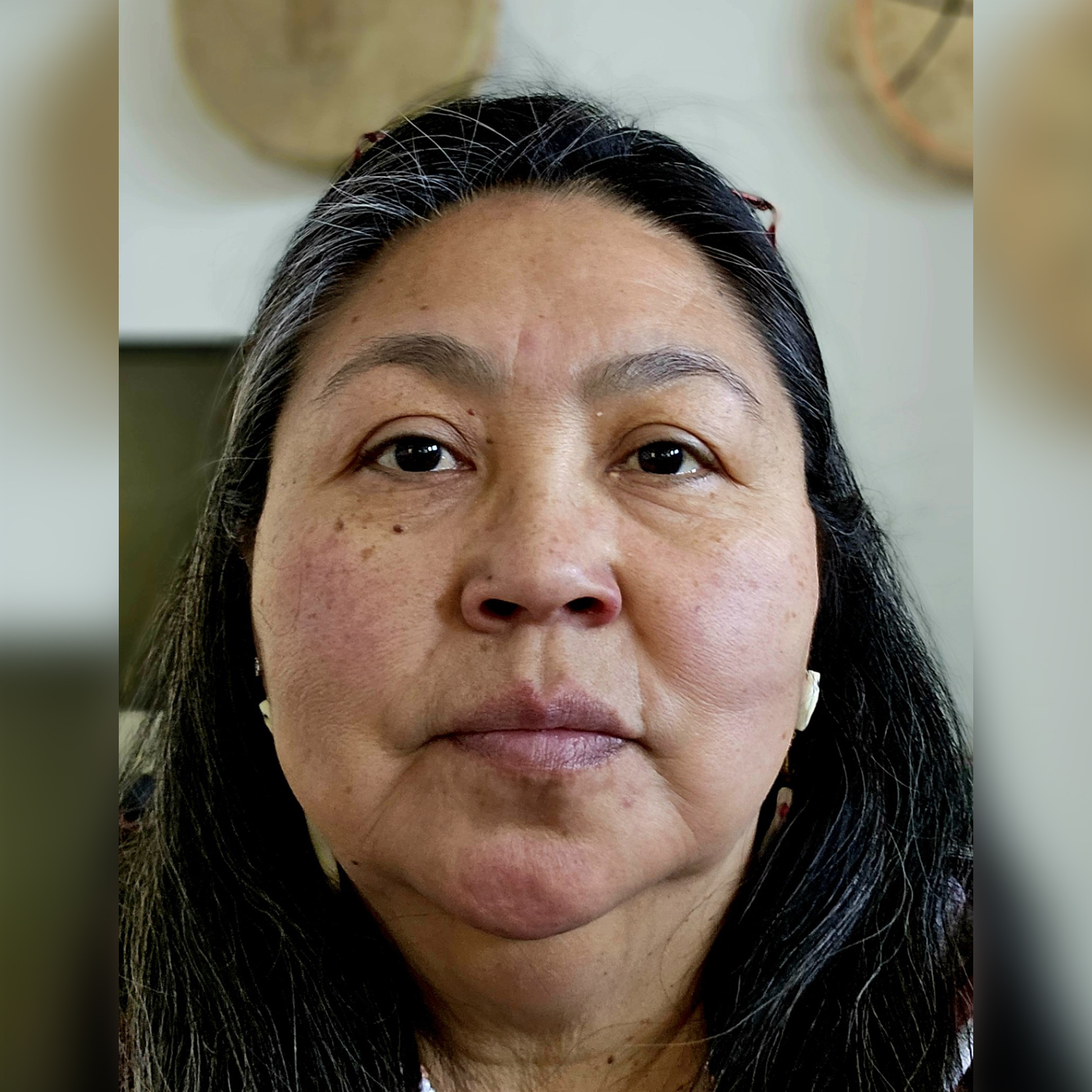
Martina Iquiyuilnguq Georges was born in the Southwest Yup’ik Village of Toksook Bay where Elders were active in teaching Cultural values. She completed UAA’s RADACT training in 2006 and UAF’s Rural Human Services in 2008. Martina was hired in 2016 to be a part of the Ts’iłq’u Circle program as the Co-Coordinator and stepped up as Coordinator in 2021. She is also an active Facilitator for ANTHC’s Alaska Blanket Exercise training and is involved in the Multidisciplinary Team for the joint jurisdictional Henu Wellness Therapeutic Court.
Healing, voice, and accountability through restorative justice: A crime victim’s perspective
Terria Vandenhuerk
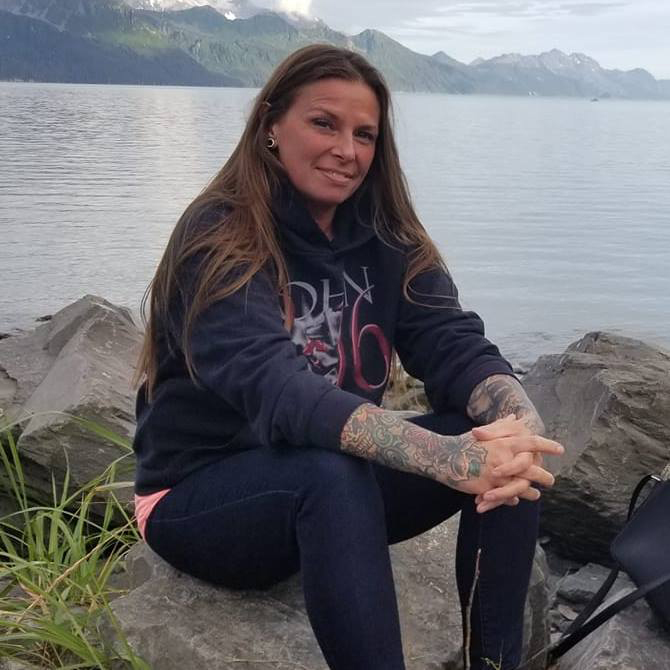
In 2015, Terria Vandehuerk’s son was robbed and murdered in Big Lake, Alaska. After the man who killed her son was incarcerated, she was given the opportunity to sit down with him to tell him she forgave him. This dialogue was filmed for a national TV series called the Redemption Project and aired in 2019. For this session, we will watch Terria’s episode, “A Mother’s Justice” (42 minutes) and then engage in a live dialogue with Terria about restorative justice and her hopes for the movement as it progresses in Alaska.
Restorative justice, peacemaking, and transformative justice
Megan Edge
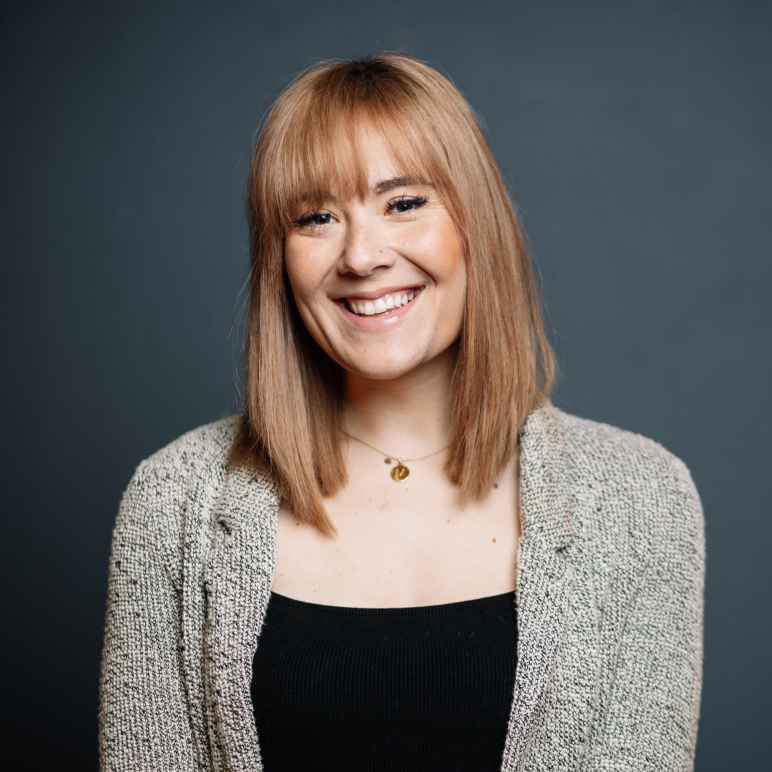
Megan Edge is the director of the ACLU of Alaska Prison Project. She's a former journalist, who's had the privilege of being born and raised on Dena'ina Land. One of her greatest beliefs is that the power to create change grows when we embrace our constitutional right to be a nation of free thinkers.
Christy S. Chapman
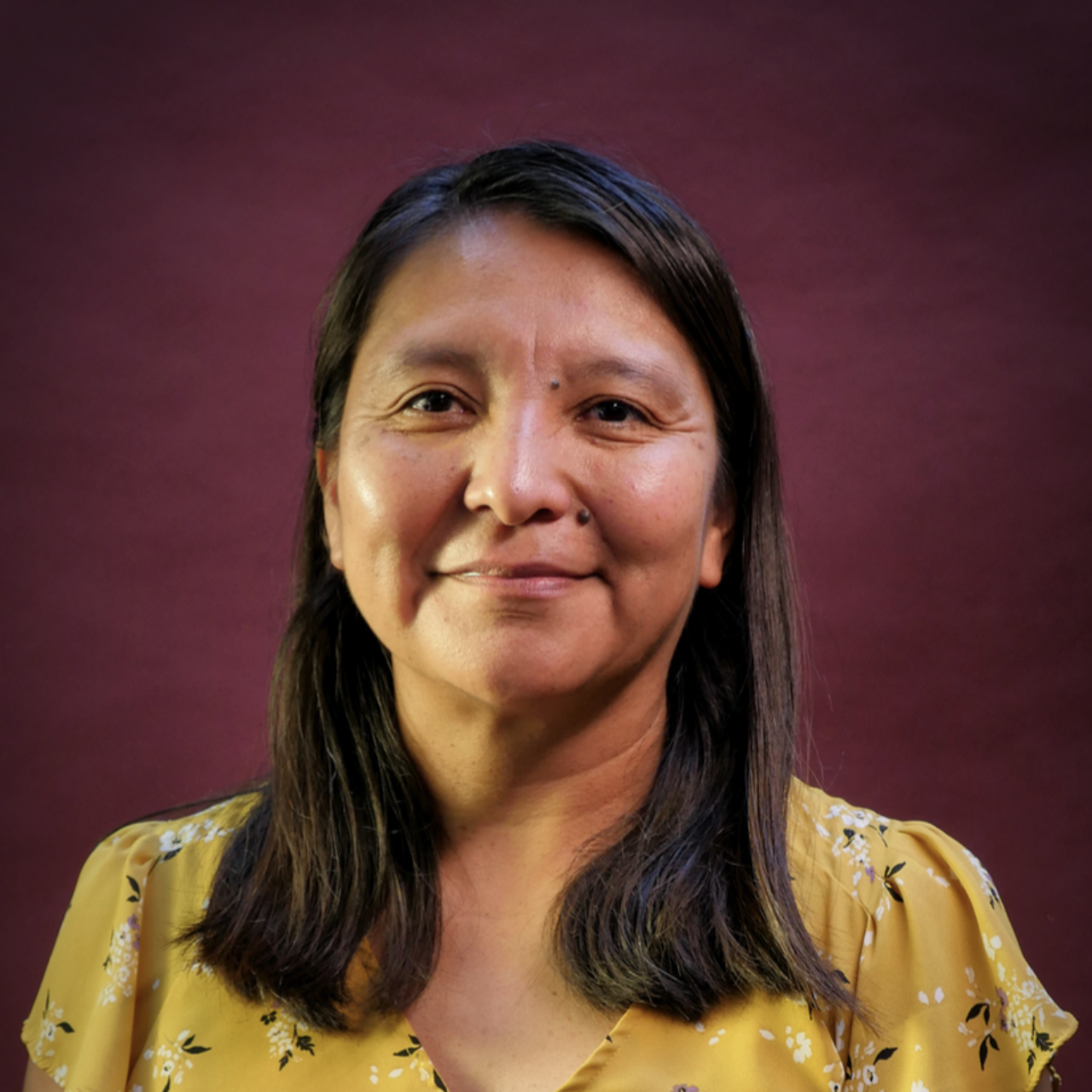
Christy S. Chapman (Pueblo of Zuni), holds a bachelor’s degree in nursing and juris doctor from the University of New Mexico. Currently, she is subcontracting with Pegasus Legal Services for Children, serving as a Guardian ad Litem and Youth Attorney, representing Native American children from Pueblos, Tribes, and Nations including those living in urban communities. Christy assisted in the development of the Indian Child Welfare Act (ICWA) court in the Second Judicial District Children’s Court, Bernalillo County in New Mexico. She served as an Interim Co-Director for the Native American Budget and Policy Institute (“NABPI”) housed within the University of New Mexico’s Center for Social Policy. She also provides training to strengthen intergovernmental relationships using an indigenous framework. As a Peacemaker, she uses indigenous values grounded in the cultural teachings of her people, the A:shiwi, as essential to resolving issues and disputes. Christy’s career goal is to continue to honor the inherent rights of individuals and to protect the sovereignty of tribal communities. Her faith and trust in the Creator, provides the foundation for balance, good health, and wellness.
Ms. Chapman’s Publication: “Black Water”- The Devastating Effects of Alcohol on the Core Values of the A:shiwi (Zuni), 17 TLJ (2016-2017).
From Snowball to Avalanche: The state of restorative justice in Alaska
Dr. Ingrid Johnson
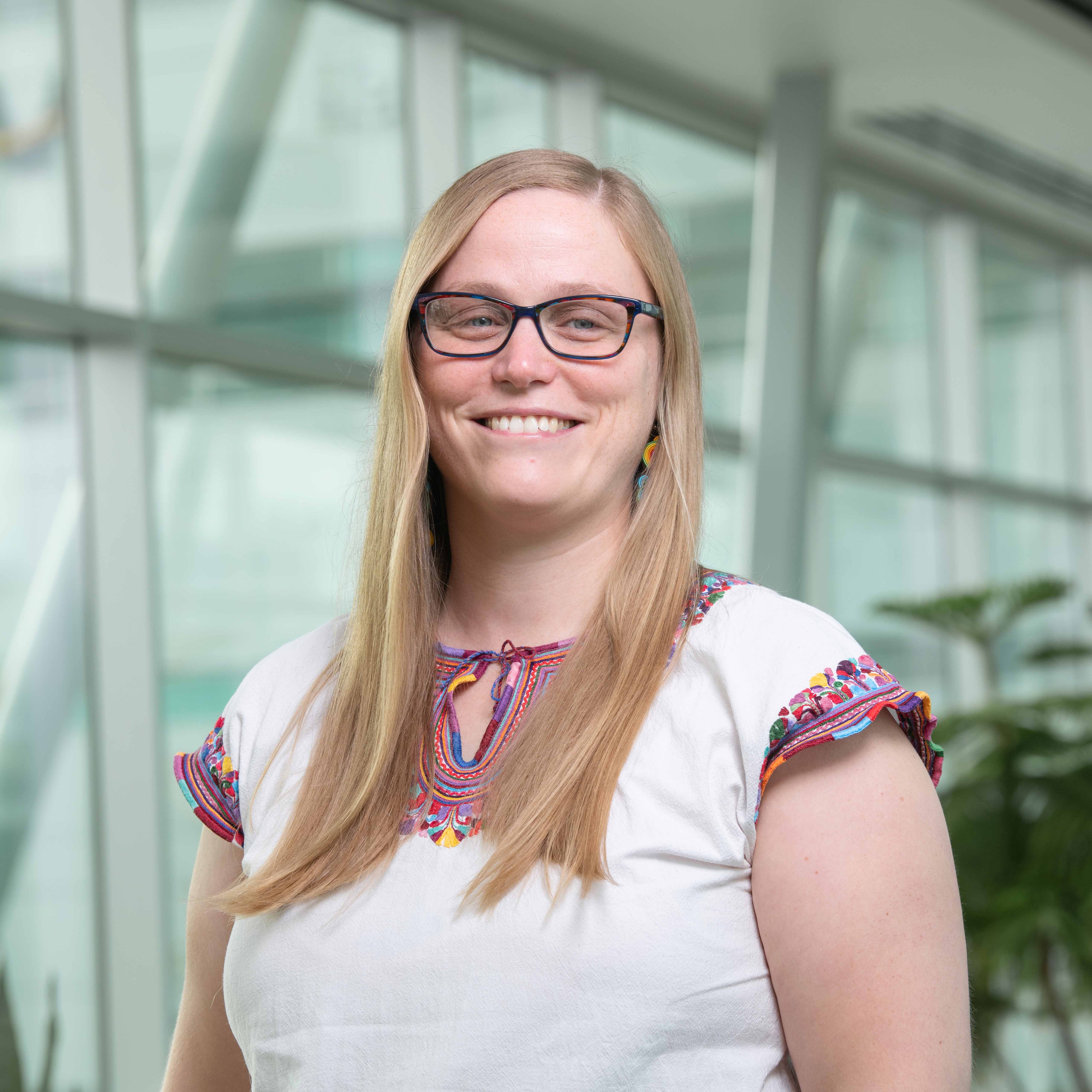
Ingrid Diane Johnson is an Assistant Professor in the Justice Center. Raised in Delta Junction and Fairbanks in Interior Alaska, Dr. Johnson received her B.A. in Justice from the University of Alaska Fairbanks (2010) and completed both an M.A. and Ph.D. in Criminal Justice at Temple University in Philadelphia, PA. The focus of much of Dr. Johnson’s research is on help-seeking among survivors of sexual assault and intimate partner violence, and how formal and informal networks can improve those processes. She also has expertise in the areas of rural-urban differences, substance use and treatment access, and restorative justice. She was the principal investigator (PI) for the Alaska Sexual Assault Kit Initiative (AK-SAKI) research component in partnership with the Alaska Department of Public Safety and serves as the PI for the quinquennial Alaska Victimization Survey (AVS).
Dr. Rei Shimizu
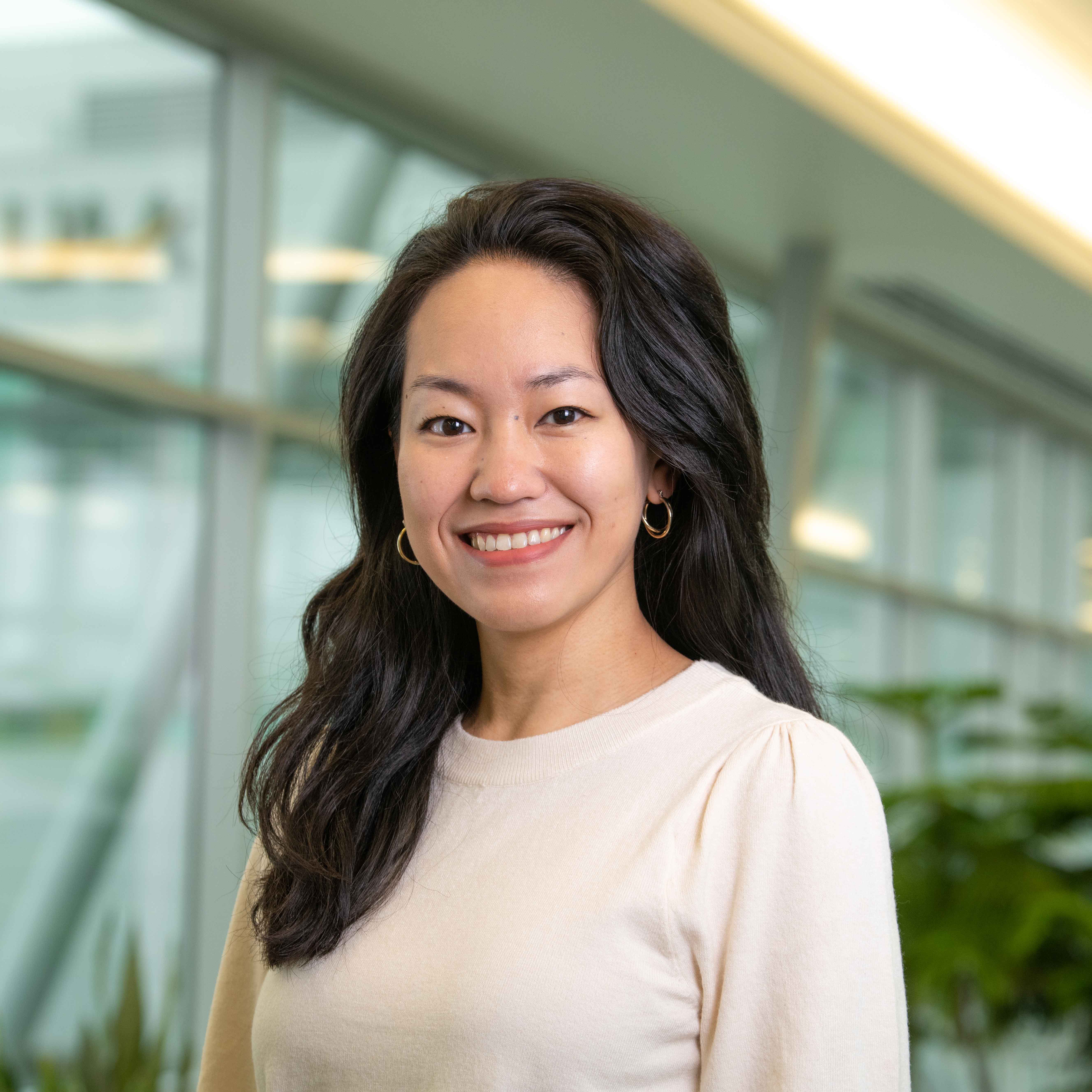
Rei Shimizu is an Assistant Professor at the University of Alaska Anchorage School of Social Work. She is a licensed social worker with a clinical background in trauma-focused therapy for survivors of IPV in the United States and Japan. As a social work researcher, she applies her clinical expertise to inform her research on health behavior change and health-related decision-making. Her research primarily focuses on understanding behavioral mechanisms in three topical areas where behaviors are highly variable by psychosocial factors such as poverty, mental health, and interpersonal dynamics. Rei's three topical research areas are (1) understanding how DV/IPV interventions and frameworks (such as restorative justice) can change interpersonal behavior, (2) understanding how dietary interventions can influence food-related decision-making, and (3) understanding how intersections between macro/micro and individual level factors may create disparities in these areas. Rei holds a Ph.D. from New York University Silver School of Social Work and an MSW from Columbia University.









